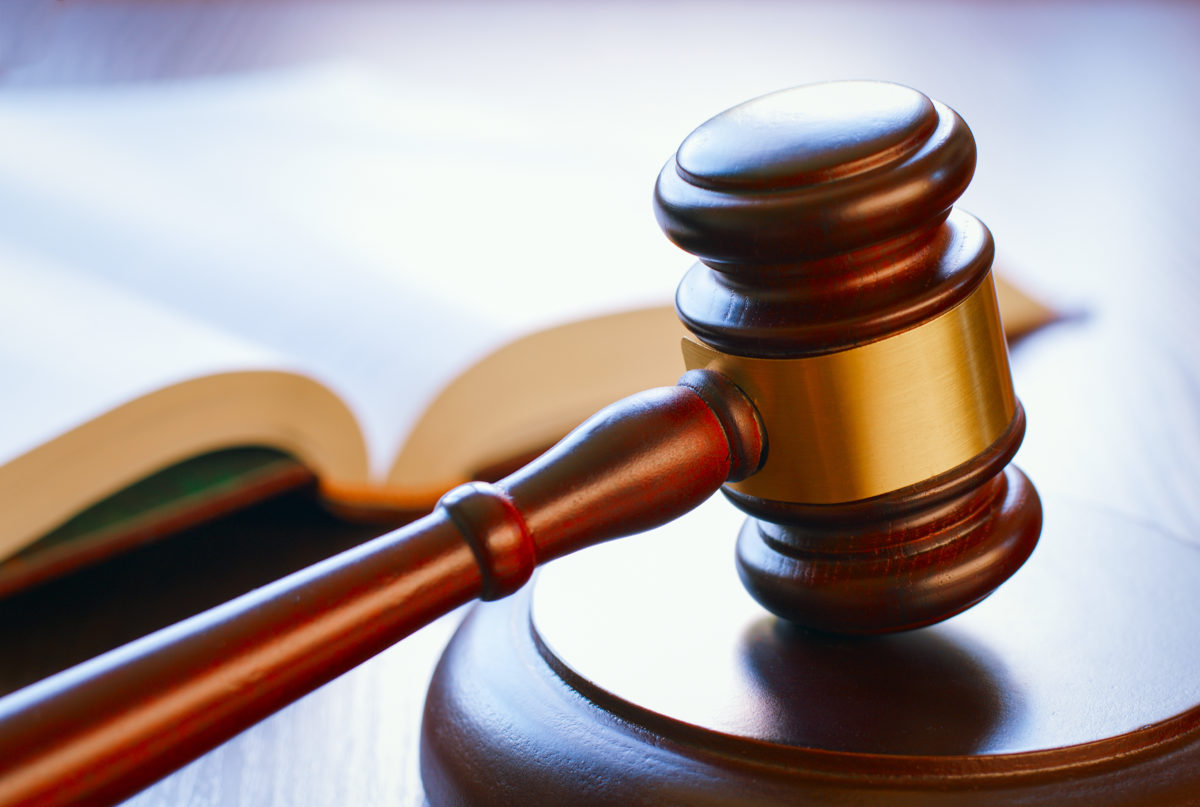In a unanimous ruling yesterday, the Supreme Court said that the N.C.A.A., which governs college sports, could not prohibit student-athletes from receiving modest, education-related payments. “Nowhere else in America can businesses get away with agreeing not to pay their workers a fair market rate on the theory that their product is defined by not paying their workers a fair market rate,” Justice Brett Kavanaugh wrote in a concurring opinion.
Colleges and universities across the country have leveraged sports to bring in revenue, attract attention, boost enrollment, and raise money from alumni. That profitable enterprise relies on “amateur” student athletes who compete under horizontal restraints that restrict how the schools may compensate them for their play. The National Collegiate Athletic Association (NCAA) issues and enforces these rules, which restrict compensation for student-athletes in various ways. These rules depress compensation for at least some student-athletes below what a competitive market would yield.
Against this backdrop, current and former student-athletes brought an antitrust lawsuit challenging the NCAA’s restrictions on compensation. Specifically, they alleged that the NCAA’s rules violate §1 of the Sherman Act, which prohibits “contract[s], combination[s], or conspirac[ies] in restraint of trade or commerce.” 15 U. S. C. §1.
The key facts were undisputed: The NCAA and its members have agreed to compensation limits for student-athletes; the NCAA enforces these limits on its member-schools; and these compensation limits affect interstate commerce. The Supreme Court considered only the subset of NCAA rules restricting education-related benefits that the district court enjoined. The Court does so based on the uncontested premise that the NCAA enjoys monopolistic control in the relevant market—such that it is capable of depressing wages below competitive levels for student-athletes and thereby restricting the quantity of student-athlete labor.
The narrow issue in the case, therefore, were the NCAA rules that limit educational benefits for college players as part of their scholarships. The athletes maintained that the NCAA has, in effect, been operating a system that is a classic restraint of competition — in short, a system that violates the nation’s antitrust laws. The NCAA countered that its rules are largely exempt from antitrust laws because they are aimed at preserving amateurism in college sports and because the rules “widen choices for consumers by distinguishing college sports from professional sports.”
Those who oppose paying N.C.A.A. athletes say that the current compensation model, in which colleges cover the cost of attendance — including tuition, room and board, and some living expenses — is appropriate. They also say it preserves a line, however faint, between college sports and professional sports.
But others, including former athletes, say the model uses players’ skill and labor to generate huge revenues, and offers generous compensation to everyone except those playing the game.
Writing for the court, Justice Neil Gorsuch said that the NCAA “seeks immunity from the normal operation of the antitrust laws,” an immunity which Gorsuch said is justified neither by the antitrust law nor the previous opinions of the Supreme Court. Noting that big-time NCAA sports have turned into a multibillion-dollar business, Gorsuch said that a couple of sentences from a 1984 opinion did not declare then or now that there is some sort of immunity based on the concept of amateurism.
In a blistering concurring opinion, Justice Brett Kavanaugh added that the sports traditions near and dear to alumni and others “cannot justify the NCAA’s decision to build a massive money-raising enterprise on the backs of student athletes who are not fairly compensated,” he said, adding: “The NCAA is not above the law.”
So where do we go from here? The Supreme Court did not entertain whether other means of compensation besides education related expenses are, or are not, permissible. But Supreme Court Justice Kavanaugh, at least, seems highly skeptical that other means of restricting compensation to student-athletes is valid under federal antitrust law. And as Justice Gorsuch stated in the opinion of the Court — and Justice Kavanaugh then examined in part — the NCAA’s compensation rules might not satisfy the “rule of reason” standard. This likely opens the door to future challenges, and Justice Kavanaugh’s concurring opinion is the road map that will be used going forward.
The next thing to watch in the ongoing debate over student-athlete compensation is whether the NCAA tries to stop any of the NIL legislation from going into effect on July 1. NCAA leaders may very well try to enjoin those states from putting those laws into effect, but you can bet that if they do try such an action, this opinion — and in particular Justice Kavanaugh’s concurring opinion — will be used against them.


